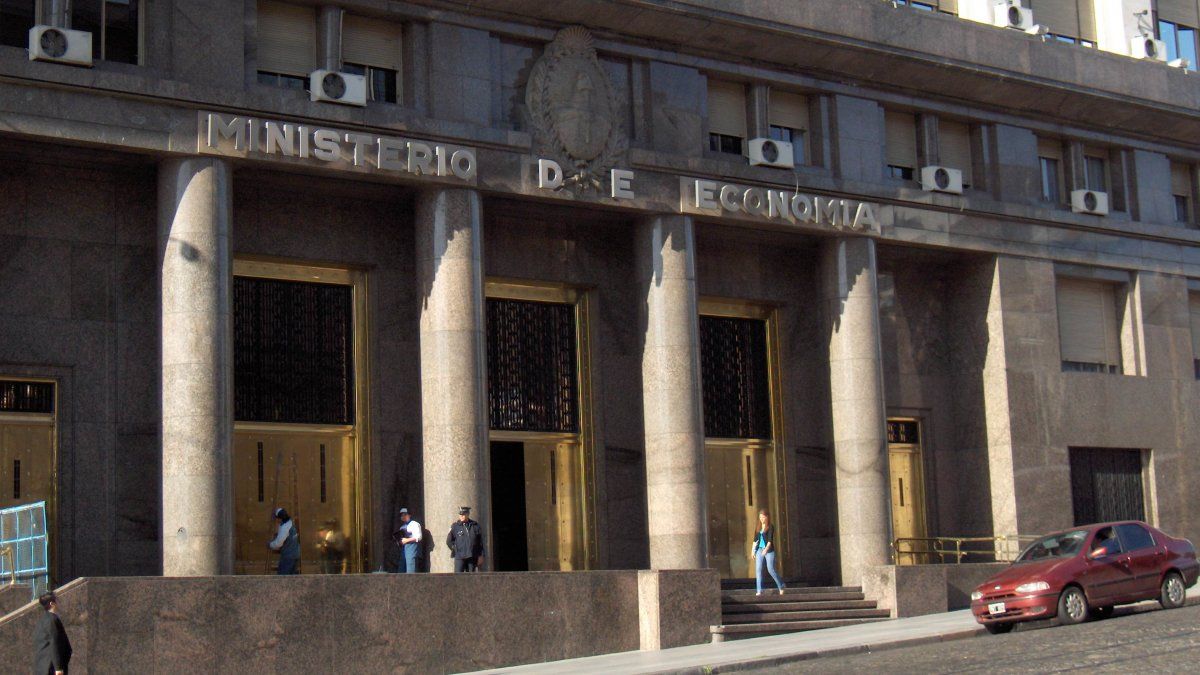The official spreadsheets indicate that total revenues totaled $1.7 trillion, while expenses totaled $2.1 trillion.
Somehow, The cash base result is surprising based on previous estimates on the accrued expense, prepared by different private studies, which indicated a constant average cut of 20% in real terms..
WhatsApp Image 2023-02-22 at 17.36.50.jpeg
The Palacio de Hacienda pointed out that “the monthly result is explained by a year-on-year increase in revenue of 92.4% after a decrease in foreign trade taxes together with a growth in primary spending of 111.2% where capital spending rose 151.6%.”
When analyzing spending, Economist Nadín Argañaraz, director of the Argentine Institute of Fiscal Analysis (IARAF), assured that “social programs were the ones that registered the greatest positive real variation compared to January 2022, of the order of 160%.” “They were followed by direct real investment and capital transfers to the provinces, with increases of 33% and 12.4%, respectively. he pointed. Argañaraz indicated that “energy subsidies were left with the fourth largest increase, of the order of 10%.” At the other extreme, among the real year-on-year falls, “family allowances with 45% and non-contributory pensions with 25.8%” stand out.
The expenses that fell the most were family allowances, pensions, non-contributory pensions and other current expenses. “Between the four of them they contributed almost $100,000 million to currency in January 2023. At the other extreme, the expense that increased the most was that allocated to social programs, which alone consumed $123,000 million,” said the head of the IARAF, who indicated that “average spending ended up increasing by $113 billion.”
According to official information, andhe primary deficit for January is equivalent to 0.12% of GDP. In this regard, Argañaraz estimated that in the following 11 months of 2023, the Government should make an average monthly adjustment equivalent to 0.08% of GDP to correct the deviation of January. The estimate was made on the basis that this year the 0.3% of property income may not be included under the agreement with the Fund. Thus, correcting the starting point of December 2022 (2.4%), last year’s deficit was 2.68% of GDP to reach 1.9% on the last business day of the year.
The strong difference between accrued expenses and the cash base could be due to the fact that the Government is executing expenditures accrued last year. This is what is known as floating debt, which was what made it possible to close the cash-based deficit at the level required by the IMF in 2022.
Source: Ambito




